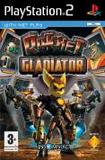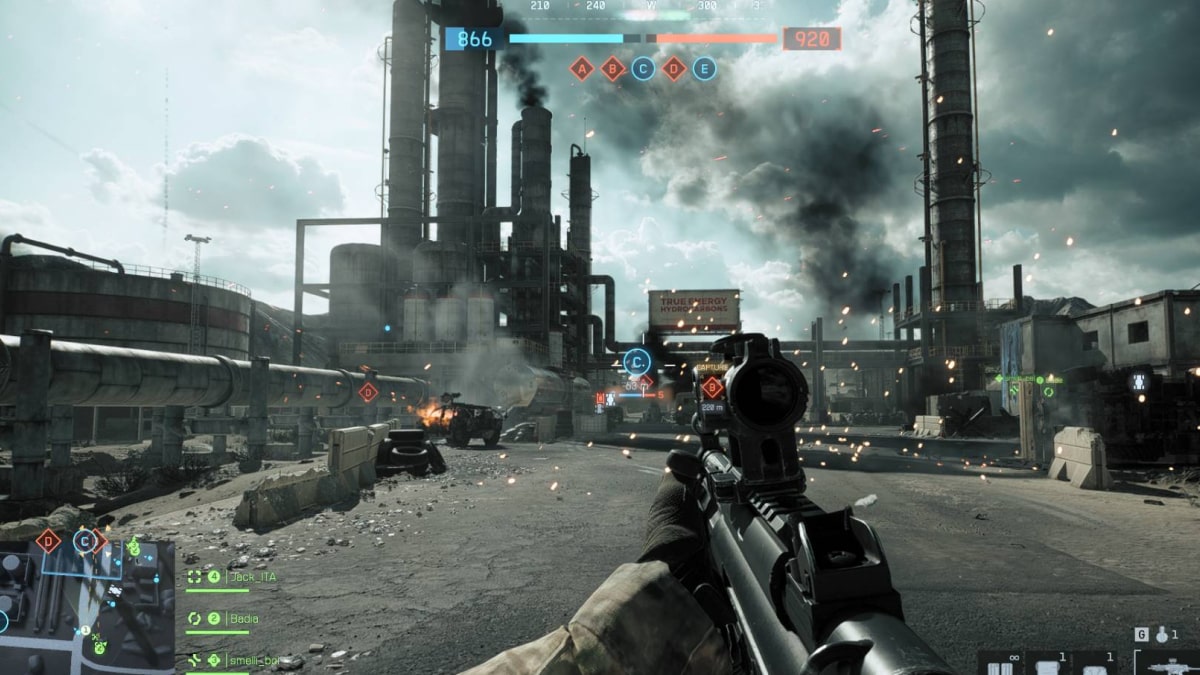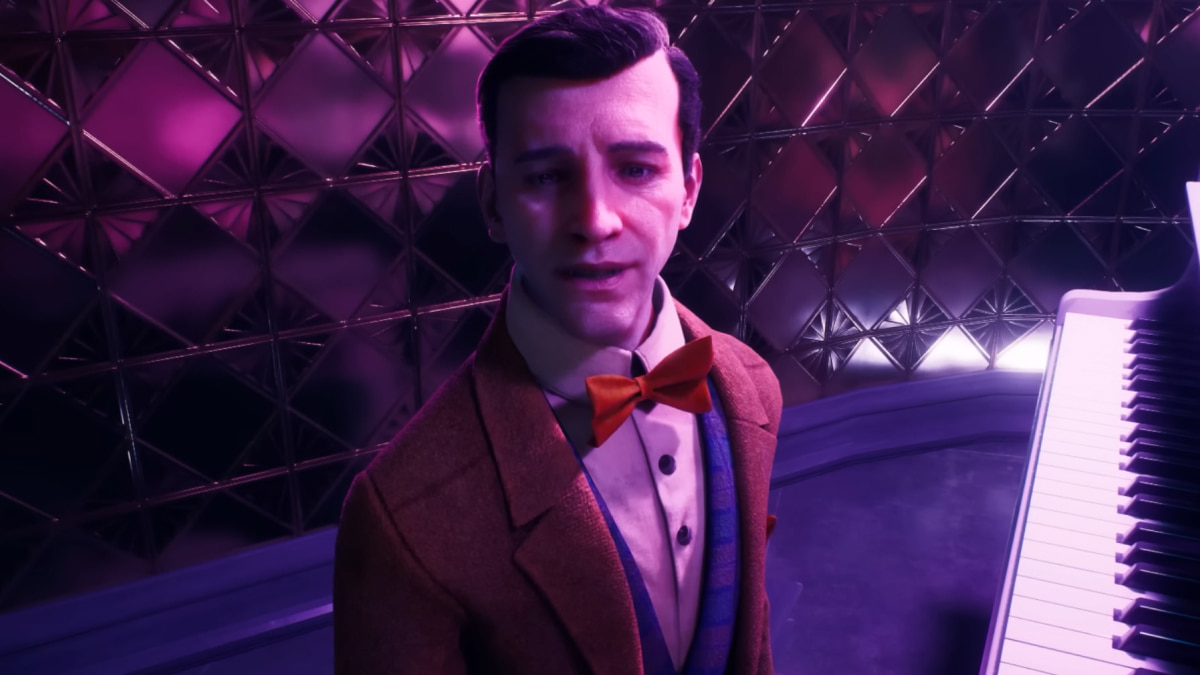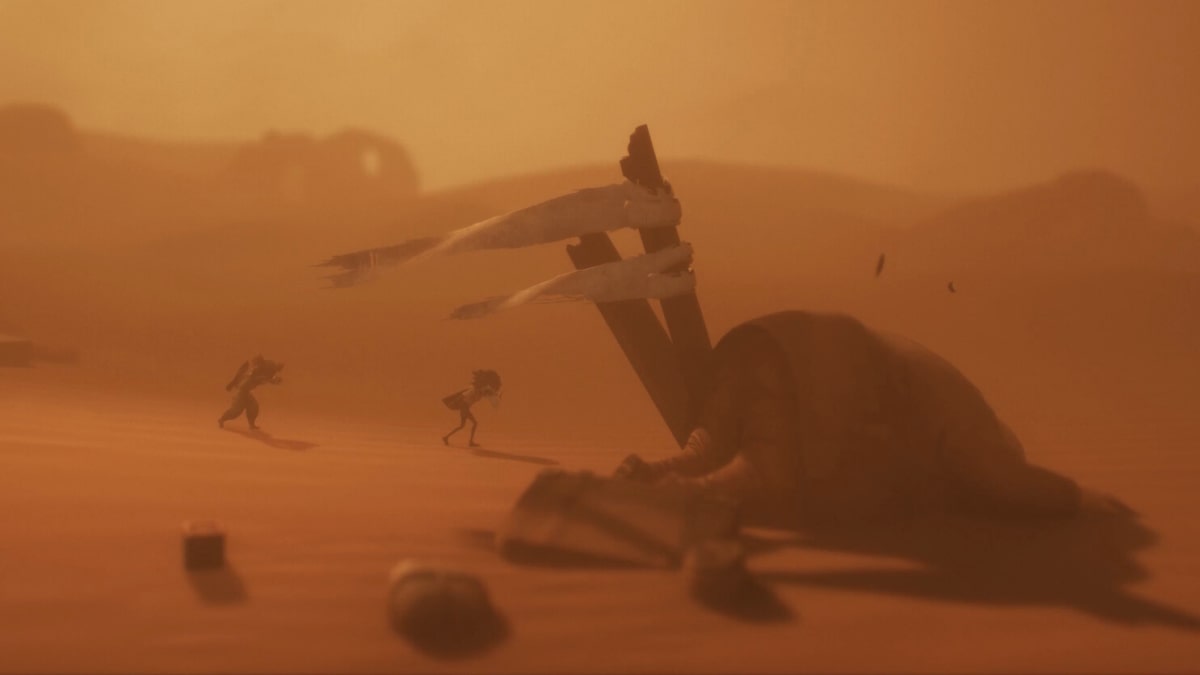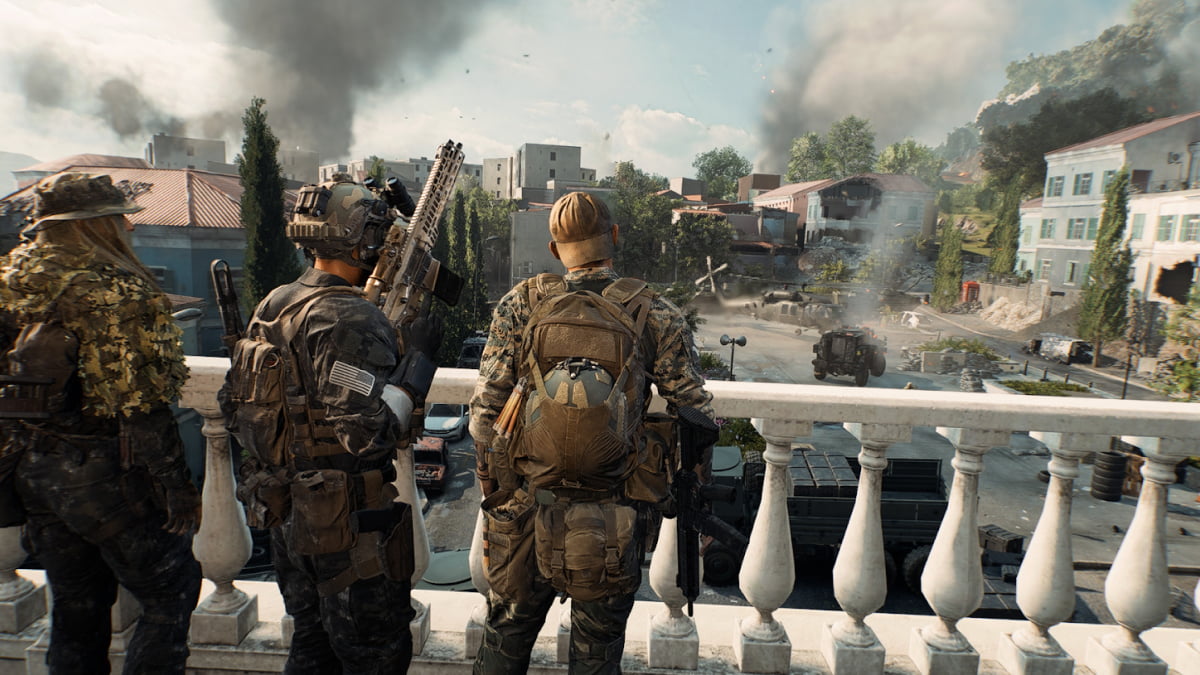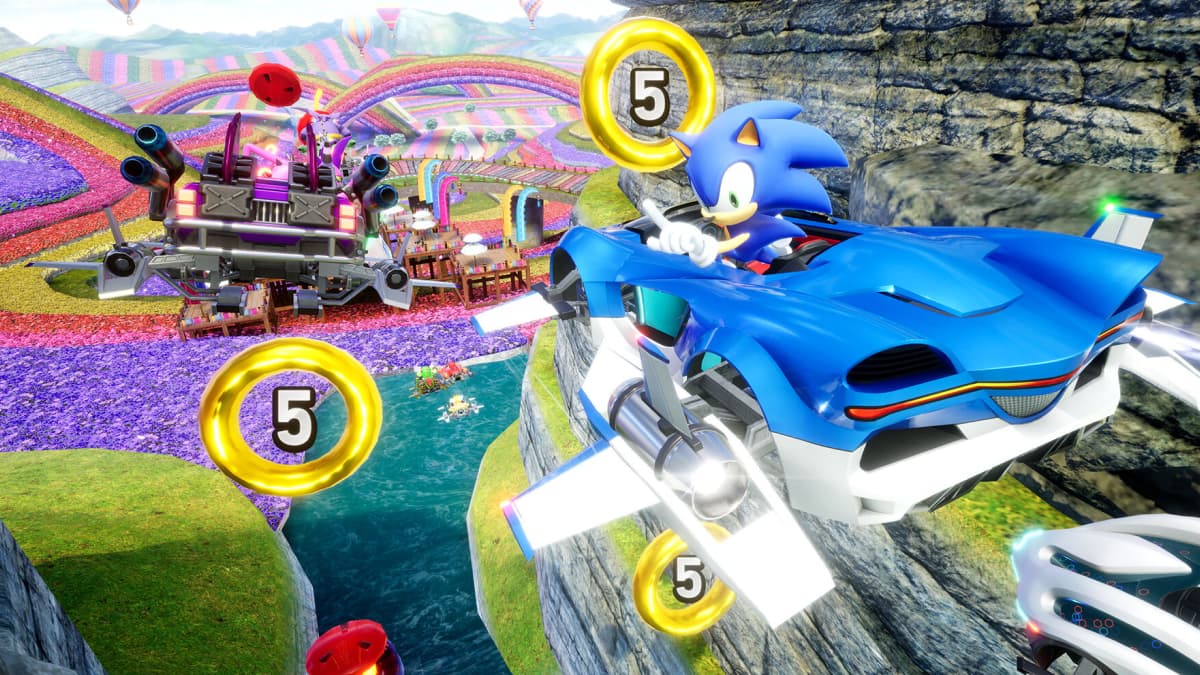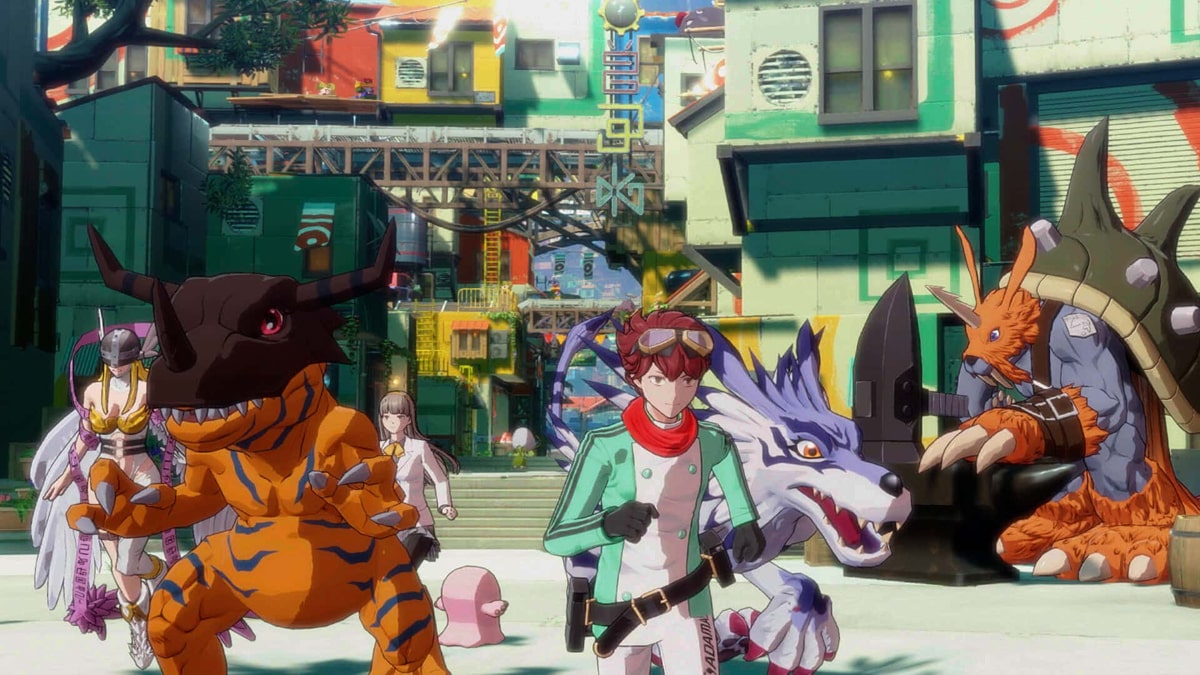You can trust VideoGamer. Our team of gaming experts spend hours testing and reviewing the latest games, to ensure you're reading the most comprehensive guide possible. Rest assured, all imagery and advice is unique and original. Check out how we test and review games here
Ratchet & Clank are now well established on the PlayStation 2, with their action-platforming adventures proving entertaining for all ages. The success of the franchise has lead to a new game arriving every year since the original arrived in 2002, and late in 2005 the fourth game in the series hit the PlayStation 2, albeit in a slightly different form to usual. The platform elements have almost entirely been removed (along with Clank), leaving Ratchet to focus on combat.
Ratchet: Gladiator starts soon after the conclusion of Ratchet & Clank 3, with the duo relaxing in space. Their peace is soon interrupted by the evil Gleeman Vox. Vox happens to run his own reality TV Running-man-like game show, Dreadzone, that pits real contestants against each other in a quest for survival, fame and good show ratings. This translates to plenty of arena-style combat, with Clank almost nowhere to be seen. Players of Ratchet & Clank 3 will instantly see similarities between this and Annihilation Nation, and they’re not far wrong.
Captured, dressed in a Dreadzone suit and given weapons, Ratchet is thrown into the game where he must battle through numerous planets, taking on thousands of enemies along the way. Each planet includes numerous challenges, with one usually culminating in a boss-like battle. These are often famous warriors from the TV show or simply a larger enemy of the type you have been fighting for the last few challenges. Aside from gun-based combat there’s the odd vehicle-based checkpoint race, a smidgen of platforming and a few other gameplay variations.
With the game now playing more or less like a straight third-person shooter, Clank’s platforming sections have been sidelined (he’s restricted to talking over the radio), but Ratchet does have some new partners in the shape of combat bots. These two robots are the creation of Al the mechanic, and they fight alongside you, carrying out commands triggered by using the Dual Shock’s d-pad. Depending on the situation you can command them to hack into nodes, turn cogs, launch EMPs to disable gun turrets, self-repair and more. They can also be upgraded by visiting Al and handing over some hard-earned bolts.
Weapons have always been one of the franchise’s biggest selling points, with previous games featuring a huge number of ingenious and wacky creations. Ratchet: Gladiator has scaled this back somewhat, cutting the number down to ten, but they can still be upgraded in numerous ways. Weapons will level up on their own as you use them, and in doing so Alpha mods are unlocked, allowing you to increase their rate of fire, ammo capacity and more. The vending machines scattered around the levels also allow you to purchase Omega mods. These slightly alter what is fired from each weapon, often in bizarre ways, making up for the lack of wacky weapons this time around. One mod can make lava cover the targeted area, while the morph mod turns targeted enemies into exploding farm animals.
The series has always been visually impressive for the PlayStation 2 and Gladiator is no exception. Characters are well modelled and brilliantly animated, bringing their personalities to life better than most games are able to. The environments are large, detailed, well designed and span many different planets, offering plenty of variety. Even with explosions every second and multiple enemies on screen, the frame rate holds up pretty well, only slowing down in the most severe situations, and never enough to hamper gameplay.
Presentation throughout is fantastic, with great background music, impressive voice work for the main characters and some genuinely funny cutscenes, either featuring Ratchet and co or two TV presenters who have a playful banter with one another. The story as a whole isn’t quite as entertaining as that of Ratchet & Clank 3, but it’s still significantly more fun than that found in the majority of games.
Sadly, while the single-player campaign is fun, if a little samey, it doesn’t last all that long. Even newcomers to the series will be able to blast through in under ten hours, and aside from unlocking new weapon upgrades second time through, there really isn’t much value in playing it through again. However, a pretty successful component of the last game was the online multiplayer, and Insomniac has taken that foundation and built one of the better online game experiences to be found on the PlayStation 2.
Up to ten players can play over eleven areas, with the standard Deathmatch and Capture the Flag game modes being joined by Conquest, Juggernaut and King of the Hill. Conquest is your standard base capturing mode, Juggernaut makes one player superior to the others, with the objective to take that player down, and King of the Hill requires teams to control as many zones as possible. Some more original ideas would have been welcomed, but with voice communication through the PlayStation 2’s headset (and standard text chat), vehicles and plenty of customisation options, the online play will keep fans happy for some time. As with all PlayStation 2 online games, though, finding enough people online to play large games is a problem.
If you can’t take the game online, the same options are available for four players using split-screen, and two players can play through the single-player levels in co-op. To balance things out the combat bots are removed during co-op play and players themselves are given hacking tools and EMP grenades. The weapon arsenal is shared, so the same weapon can’t be used by both players, but collected bolts are pooled into one account, for use at the vending machines.
Three’s no denying that Ratchet: Gladiator is enjoyable, but it definitely lacks some of the magic from the previous games. Fans, particularly those who wish to play online matches, won’t be disappointed, but the focus on one area of gameplay has highlighted how familiar the series has become, and while more of a good thing is great, some fresh ideas are needed if the franchise is going to continue and thrive on the PlayStation 3.
